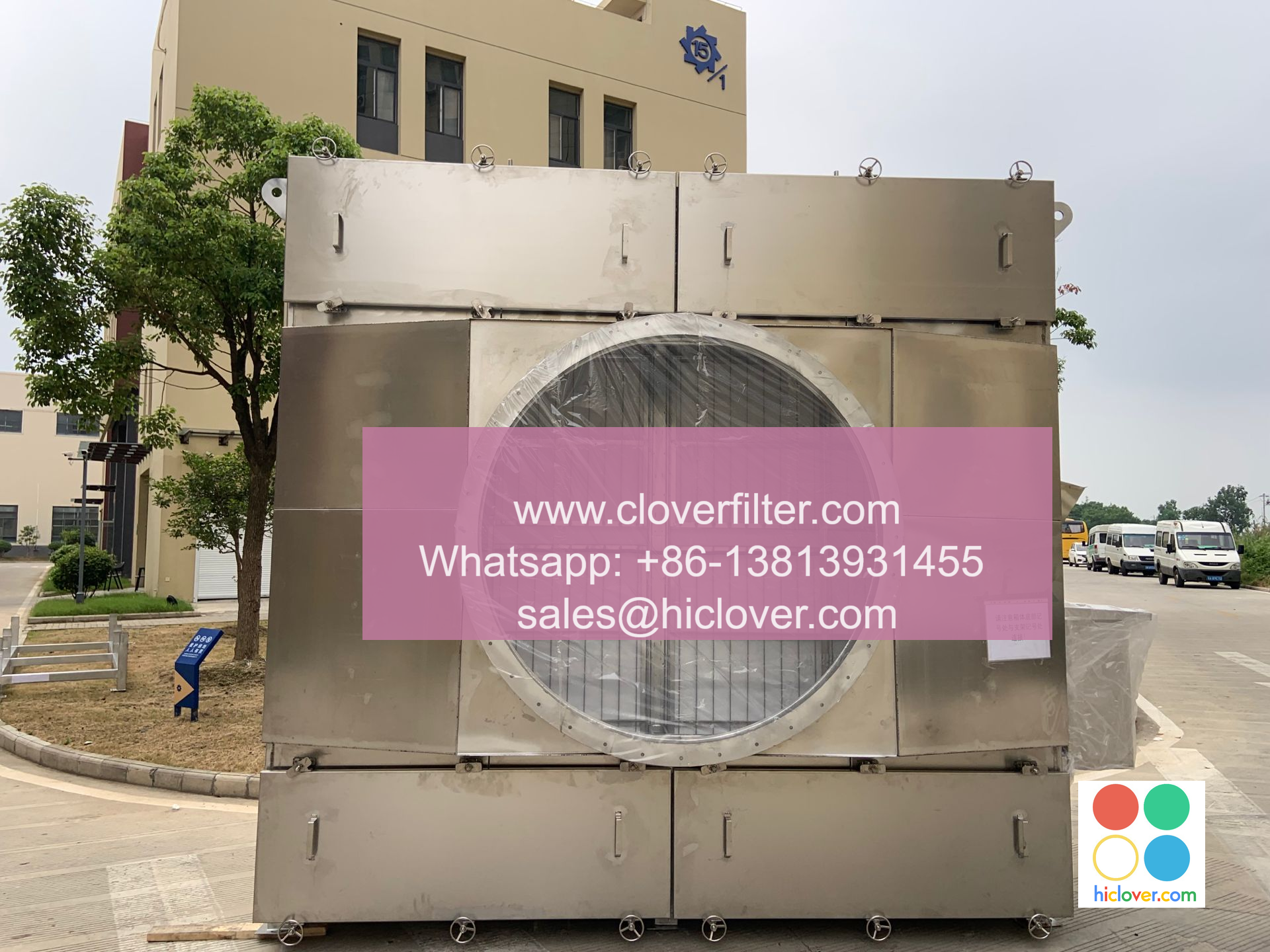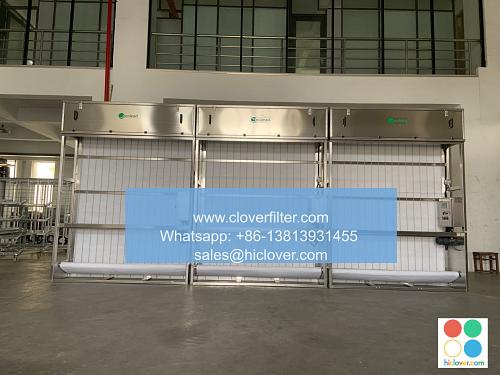Understanding the Importance of Air Filtration in Oilfield Services

Air filtration plays a crucial role in the oilfield services industry, where the air quality can be severely compromised due to the presence of various pollutants and contaminants. The oil and gas industry is one of the most significant contributors to air pollution, with drilling, extraction, and processing operations releasing large amounts of particulate matter, gases, and other harmful substances into the air. These pollutants can have severe consequences on the health and safety of workers, as well as the environment.
The air in oilfield environments can be filled with hazardous substances, including drilling muds, chemicals, and hydrocarbons, which can cause respiratory problems, cancer, and other health issues. Moreover, the air quality can be further compromised by the presence of sand, dust, and other particulate matter that can damage equipment and reduce visibility. To mitigate these risks, effective air filtration systems are essential to remove pollutants and contaminants from the air, ensuring a safe and healthy working environment.
There are various types of air filtration systems used in oilfield services, including HEPA filters, activated carbon filters, and gas-phase filters. HEPA filters are designed to capture ospores, pollen, and other particulate matter, while activated carbon filters are used to remove gases, vapors, and odors. Gas-phase filters are used to remove specific gases, such as hydrogen sulfide and mercaptans, which are commonly found in oil and gas operations. The choice of air filtration system depends on the specific application, the type of pollutants present, and the level of filtration required.
Air filtration systems in oilfield services are used in various applications, including drilling operations, production facilities, and worker habitats. In drilling operations, air filtration systems are used to remove pollutants and contaminants from the air, reducing the risk of respiratory problems and other health issues. In production facilities, air filtration systems are used to remove gases and vapors, reducing the risk of explosion and improving worker safety. Worker habitats, such as living quarters and recreational facilities, also require effective air filtration systems to ensure a healthy and comfortable living environment.
The benefits of air filtration in oilfield services are numerous. Effective air filtration systems can improve worker health and safety, reduce the risk of respiratory problems and other health issues, and minimize the risk of equipment damage and downtime. Air filtration systems can also improve the overall air quality, reducing the levels of particulate matter, gases, and other pollutants in the air. Moreover, air filtration systems can help to reduce the environmental impact of oilfield operations, minimizing the release of pollutants and contaminants into the air.
In addition to the benefits, there are also various challenges and considerations associated with air filtration in oilfield services. One of the main challenges is the high level of pollutants and contaminants present in the air, which can require specialized filtration systems and regular maintenance. Another challenge is the harsh environment, with extreme temperatures, humidity, and pressure, which can affect the performance and lifespan of air filtration systems. Furthermore, air filtration systems must be designed and installed to meet specific regulations and standards, such as those set by OSHA and EPA.
Despite the challenges, the importance of air filtration in oilfield services cannot be overstated. Effective air filtration systems are essential to ensure a safe and healthy working environment, minimizing the risk of respiratory problems and other health issues. Moreover, air filtration systems can help to reduce the environmental impact of oilfield operations, minimizing the release of pollutants and contaminants into the air.
Conclusion
In conclusion, air filtration plays a vital role in the oilfield services industry, where the air quality can be severely compromised due to the presence of various pollutants and contaminants. Effective air filtration systems are essential to remove pollutants and contaminants from the air, ensuring a safe and healthy working environment. The benefits of air filtration in oilfield services are numerous, including improved worker health and safety, reduced equipment damage and downtime, and minimized environmental impact. As the oil and gas industry continues to grow and evolve, the importance of air filtration will only continue to increase, highlighting the need for effective and efficient air filtration systems.
Frequently Asked Questions (FAQs)
A: The main pollutants and contaminants present in oilfield environments include particulate matter, gases, and hydrocarbons, which can cause respiratory problems, cancer, and other health issues.
A: The types of air filtration systems used in oilfield services include HEPA filters, activated carbon filters, and gas-phase filters, which are designed to remove specific pollutants and contaminants from the air.
A: The benefits of air filtration in oilfield services include improved worker health and safety, reduced equipment damage and downtime, and minimized environmental impact.
A: The challenges associated with air filtration in oilfield services include the high level of pollutants and contaminants present in the air, the harsh environment, and the need to meet specific regulations and standards.

